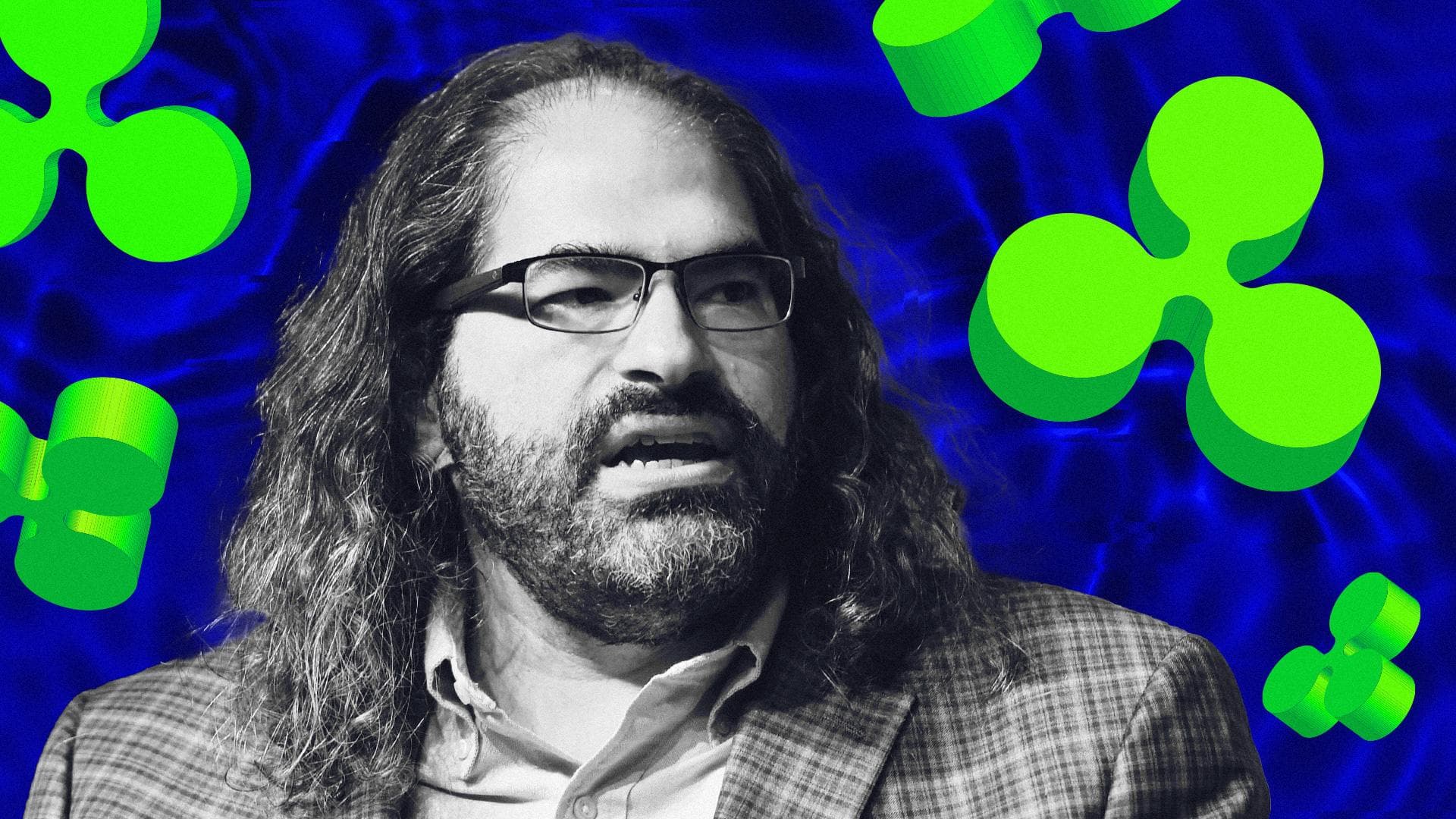Ripple CTO David Schwartz Advocates for Unfettered Expression, Limiting Coercion to Social Ostracism

San Francisco – David 'JoelKatz' Schwartz, Chief Technology Officer at Ripple and a prominent figure in the digital currency community, recently shared his perspective on the boundaries of free expression in a civil society. In a post on X (formerly Twitter), Schwartz emphasized the importance of individuals being able to voice their political and social views without fear of violence or coercion.
"In a functioning, civil society, everyone should truly be free to express their political and social views without fear of violence or coercion. Vigorous criticism and social ostracism should be the outer limit, no matter what the views are," Schwartz stated in the tweet. His remarks underscore a philosophical stance on the parameters of public discourse.
Schwartz is widely recognized as one of the original architects of the XRP Ledger and plays a pivotal role in Ripple's technological advancements. His public statements, often shared under his 'JoelKatz' moniker, frequently delve into broader societal and technological principles beyond the immediate scope of blockchain development. He is known for engaging in discussions about decentralization, censorship, and the ethical implications of technology.
This statement by the Ripple CTO contributes to the ongoing global conversation surrounding free speech, particularly in the digital age. It highlights the tension between allowing diverse viewpoints and setting limits on the consequences for expressing them. The debate often revolves around defining the acceptable forms of societal response to controversial opinions.
The concept of "vigorous criticism and social ostracism" as the ultimate permissible reactions aligns with a perspective that prioritizes open debate and intellectual challenge over punitive measures. This viewpoint is particularly relevant in decentralized and open-source communities, where the free exchange of ideas is often considered foundational. Schwartz's position reflects a common sentiment among proponents of robust free expression.